#Taxes
Ailing Motorcycle Industry Could Be Canary in Coal Mine for Automakers - Part Two
Last week, we discussed how the motorcycle industry’s total failure to entice new riders for over a decade has come back to bite it in the ass. Two-wheeled ownership declined drastically in the United States after the Great Recession and never really bounced back. Blame a disinterested population of youngsters with less discretionary funds and few entry-level options to consider.
I speculated that automakers could be on a similar path, despite the passenger car segment being more of a necessity for average commuters and less apt to collapse outright. But that isn’t to presume they might not be subject to similar pitfalls, and we’ve a new one to consider. Harley-Davidson, which serves as the poster child for the motorcycle industry’s current crisis, recently announced it will end all U.S. production of motorcycles sold in Europe.
Those bikes will now be manufactured overseas. The company said in a regulatory filing with the U.S. Securities and Exchange Commission that retaliatory tariffs levied by the European Union on motorcycles exported from the U.S. jumped from 6 percent to 31 percent. Harley-Davidson’s already expensive products come at an additional premium in Europe, and the the company estimates the new fines will add another $2,200 per motorcycle, on average.
Electric Vehicles Could Short Governments $92 Billion in Taxes by 2030
As governments across the globe push for the proliferation of electric vehicles, they’re creating a new problem for themselves. While EVs may be helpful in mitigating pollution in and around city centers, they’re not going to be nearly as friendly on the infrastructure.
A report from the International Energy Agency suggests the ramp-up of battery powered automobiles could result in a $92 billion tax shortfall by 2030, assuming everything goes according to plan. But even if global governments only manage to get halfway to their intended electrification goals, they’re still missing out on an estimated $47 billion in fuel duties.
UPDATED: Steel Tariffs Are Coming, Canada and Mexico May See Exemptions
There was quite the backlash against President Trump’s plan to impose sweeping steel and aluminum tariffs on Wednesday. However, the White House pressed onward to formalize the measures on Thursday afternoon with assurances from the Commander-in-chief that they will be imposed “in a very loving way.”
Apparently, Canada and Mexico won’t be subjected to the 25-percent tax on steel imports and a 10-percent tariff on inbound aluminum. But the exception may only be temporary and the overall feeling on the tariff proposals are mixed, to say the least. Considering that the automotive industry accounts for a significant portion of the nation’s steel and aluminum imports, Rust Belt states are worried. Michigan, Ohio, Indiana and Pennsylvania receive around 20 percent of the steel and aluminum sent to the United States. Each of the states went red in the 2015 election after Trump said he would protect manufacturing jobs. But Trump claims that’s exactly what he’s doing.
Tax the Rich (Person's Car): Luxury Auto Dealers in One Canadian Province Aren't Happy About Their Customers Getting Soaked
After hitting it big with the Fab Four, George Harrison wrote the scathing song Taxman in protest of the British government’s “Super Tax” on high-income earners. At the time, the boys faced a 95 percent tax on their earnings (“There’s one for you, nineteen for me”), and Harrison reportedly did everything he could to offshore his wealth.
Britain’s dismal weather wasn’t the only reason rock musicians fled the country during this period.
In beautiful British Columbia, a mountain- and wine-filled area north of Seattle, the provincial government’s recent budget has some auto dealers steaming mad and worried their customers will hit the road in search of deal. The province’s New Democratic Party government, elected last year, plans to levy a 25 percent tax on the purchase of very high-end vehicles, with lesser models facing a 20-percent markup. However, many dealers wonder where the law of diminishing returns comes into play.
Nice Prius - Now Pay Up: Maine to Green Car Owners
Here at TTAC, we sometimes tap sister publications when a story arouses our interest. This piece, published by Hybrid Cars, details a battle brewing in the rustic state of Maine — one that pits hybrid and electric car owners against a government that says their cars, while good for the environment, aren’t good for road upkeep. As cars become greener and gas tax revenues dwindle, this won’t be the last battle.
A proposed new fee for hybrids and EVs in Maine could be the highest in the country, reducing clean vehicle adoption.
The Maine Department of Transportation wants to add an annual registration fee for hybrids and electric vehicles. $150 for hybrids, and $250 for electric models. The DOT is looking to impose the fee because it says drivers of the more energy efficient vehicles aren’t paying their fair share toward road maintenance.
“The owners of these types of vehicles are paying far less in the gas tax than other vehicle owners and they are using the highway system just like any others,” MDOT Manager of Legislated Services Megan Russo told the Portland Press-Herald. “There has got to be a way to try and capture revenue from those drivers who are using our road system.”
Fiat Chrysler to Bring Heavy Duty Pickup Production Back to U.S., Shower Workers With Cash
There’s good news this morning for Fiat Chrysler worker in the United States, and it’s also good news for members of the Trump administration.
The automaker has announced plans to sink another $1 billion into its Warren Truck Assembly plant and bring production of its Ram Heavy Duty models to Michigan from Saltillo, Mexico. At the same time, some 60,000 hourly and salaried workers in the U.S. can expect a $2,000 bonus (paid in the second quarter of 2018) in recognition of “their continued efforts towards the success of the company.” The move also means 2,500 previously unannounced jobs for Michigan.
What’s behind all of this sudden goodwill? Recent changes to the country’s tax landscape, FCA claims.
“It is only proper that our employees share in the savings generated by tax reform and that we openly acknowledge the resulting improvement in the U.S. business environment by investing in our industrial footprint accordingly,” said CEO Sergio Marchionne in a statement.
So, how does this production shuffle play out, and what’s the backstory here?
Union Dos and Don'ts: Volkswagen Chops Salaries and Bonuses for Works Council Amid Investigation
Volkswagen has slashed salaries and suspended the bonuses of 14 members of its works council, including council head Bernd Osterloh, as officials investigate alleged overpayments. In May, it was made public that German prosecutors were looking into current and former executives at VW under suspicions that they paid the labor chief an “excessive” salary.
This was followed by a November raid, after which the council claimed the probe didn’t “target Osterloh.” Members specified that all payments were in line with Germany’s legal guidelines. The offices of VW’s chief financial officer, Frank Witter, and personnel director Karlheinz Blessing were also searched.
Mayors Join Auto Industry in Fight to Maintain EV Tax Credit
On Wednesday, 22 mayors issued a letter to members of the House and Senate conference committee that’s attempting to finalize a rushed tax plan before the end of the year, saying the $7,500 electric vehicle tax credit allows them to better pursue clean-energy initiatives within their cities. The current versions of the bill has the House eliminating the credit, while the Senate has voted to keep it. So far, no automaker has reached the credit’s 200,000-vehicle threshold, and the industry — now backed with mayoral might — has pressed the U.S. government to maintain the incentive.
Alright, so it isn’t the power play that will turn the tide. But it does show that there exists a large group outside of manufacturers and EV fans that wants to keep the credits in place.
Automakers Trying to Stop GOP From Killing EV Tax Credit
As reported last week, House and Senate Republicans have proposed sweeping tax reforms that would, by extension, kill the EV tax credit if the bill passes into law. Automakers have already expressed their distaste on the matter, and now they’re beginning to mobilize to keep it from becoming a reality. With electric vehicles just beginning to gain traction, and numerous manufacturers banking on the platform in the years to come, losing the credit would undoubtedly harm sales.
The Electric Drive Transportation Association, a group representing automakers, suppliers, technology firms, and energy concerns, says it will collaborate with its members and their shareholders to ensure the credit persists under the proposed GOP reform. Genevieve Cullen, the association’s president, claims the group will pull out all the stops to ensure the Senate sees things their way.
U.S. Is Intentionally Sabotaging NAFTA Trade Talks, Officials Claim
President Donald Trump entered into office threatening to abandon the North American Free Trade Agreement if the United States was not given a better deal immediately. But, after negotiations began, it looked as if his ultimatum would be unnecessary.
Now, U.S. officials involved in NAFTA negotiations are being accused of making proposals on issues Mexico and Canada have said they would never agree to. Are these bold negotiation tactics being used to place the U.S. in a better position for future issues, or are trade arbitrators intentionally trying to sabotage talks so Trump can make good on his promise to leave the agreement?
Money-hungry States Lining Up to Tax Self-driving Cars (Just Like EVs)
There’s few things people living in the U.S. can agree on, but one of those things is the state of American road infrastructure. For the most part, it sucks. Eisenhower’s long gone, but his network of interstate highways, plus the spiderweb of two-lane roadways cross-crossing every corner of America haven’t grown better with age.
Meanwhile, the U.S. federal gas tax remains unchanged since its last hike in 1993. Still locked at 18.4 cents per gallon, the infrastructure funding shortfall created by the static federal tax is spurring states to pass their own gas tax increases. Michigan, California, and — controversially — New Jersey are among the most recent examples.
Still, boosting prices at the pumps only works if drivers still visit those pumps. What of the coming self-driving car wave, the vanguard of which are high-tech electric vehicles piloted by mere humans? Enter the taxman and his slim book of ideas.
Texas May Be the Next State to Eliminate Annual Vehicle Inspections
The Lone Star State may be doing away with annual state vehicle inspections soon. On Thursday, a 27-4 vote in the Texas Senate approved a bill that would eliminate mandatory inspections for passenger vehicles. Although Senate Bill 1588 doesn’t change anything for commercial trucks, they’ll still be required to undergo a yearly safety inspection, and automobiles residing in seventeen counties will also have to pass emission tests for local air-quality laws.
For the rest of the state, it would be open season. “This is a tax cut that Texans will feel,” claimed Senator Don Huffines, a Dallas-based Republican who approved the bill. “It will save Texans $130 million they’re now having to pay for a procedure that has proven to have no discernible safety benefit to drivers.”
BMW Intends to Stay the Course in Face of New Tariff Proposal
BMW Group CEO Harald Krüger says the automaker fully intends on sicking with its current investment strategies in Mexico and the United States, even after President Donald Trump’s proposal to levy steep import taxes on vehicles brought into American borders.
“We need free world trade,” Krueger told the CAR Symposium automotive congress in Bochum, Germany, on Wednesday.
Trump Proposes 20-percent Tax on Mexican Goods to Pay for Wall; Other Countries Could Take a Hit
Consumer products and vehicles produced outside of the U.S. could see a big hike in sticker price if the Trump administration goes ahead with a proposed plan to tax Mexican goods — and eventually all foreign goods — to the tune of 20 percent.
The White House said today the measure is being looked at as part of a wide-ranging tax overhaul package under consideration by Congress. The announcement came after an anticipated visit by Mexican President Enrique Pena Nieto went south.
Sorry, New Jersey - Your Wonderfully Low Gas Prices Are Going Up
After enjoying zero add-ons to their state gas tax since 1988, New Jersey residents are about to get a shock at the pumps.
The Garden State will raise its gas tax by 23 cents a gallon as early as next week in order to fund state infrastructure projects, the New York Times reports. The move raises the tax from the second-lowest in the country (14.5 cents per gallon) to above the national average.
As bad as this may seem to residents used to low, low pump prices, there’s a trade-off.



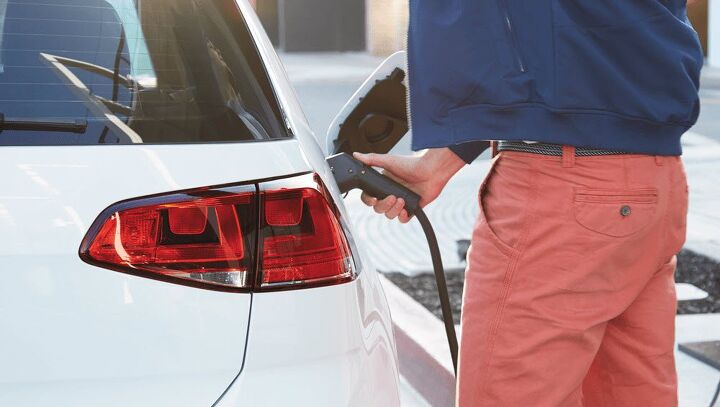
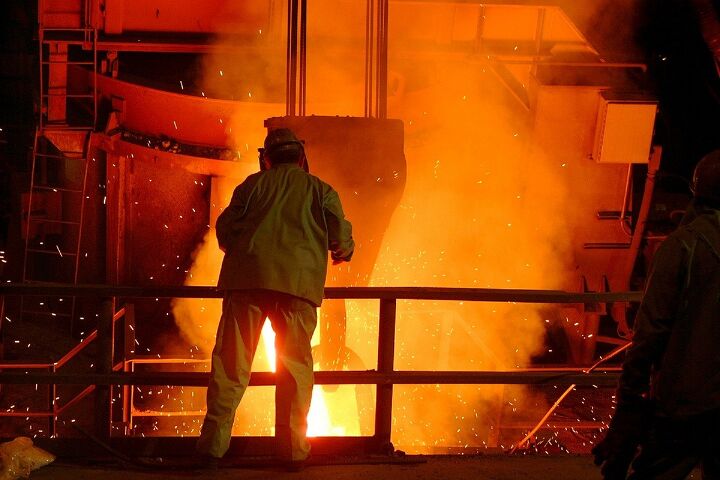
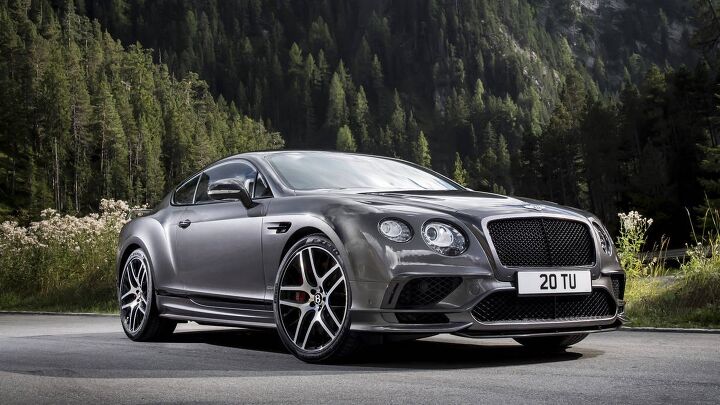

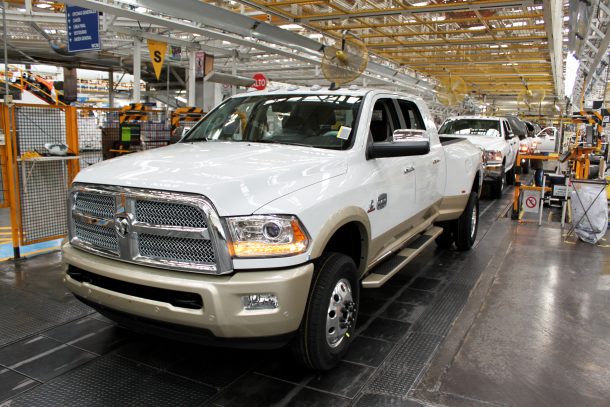
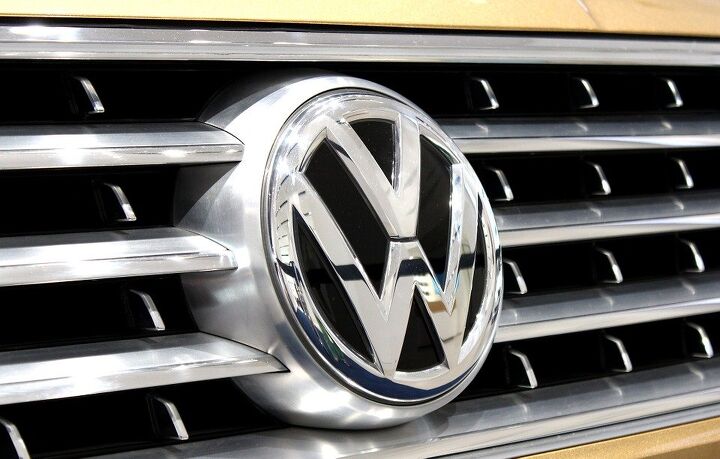
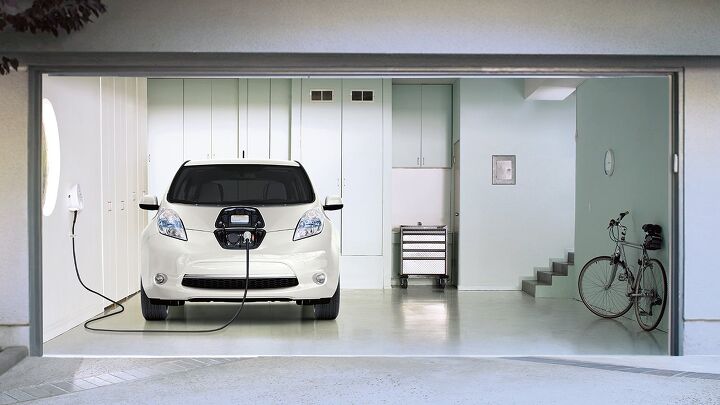
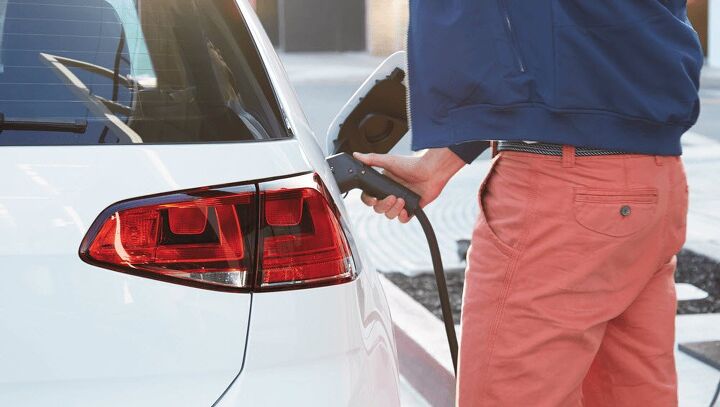


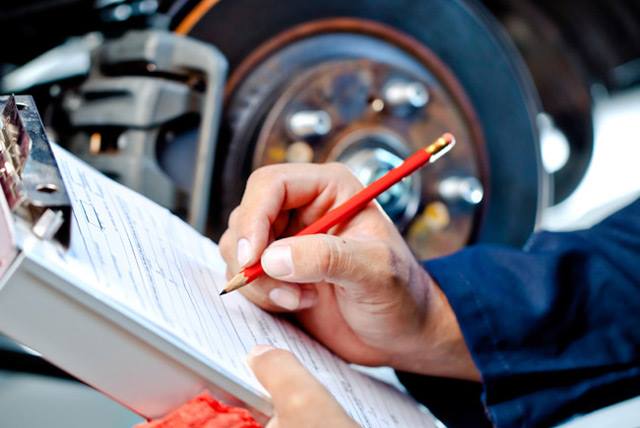

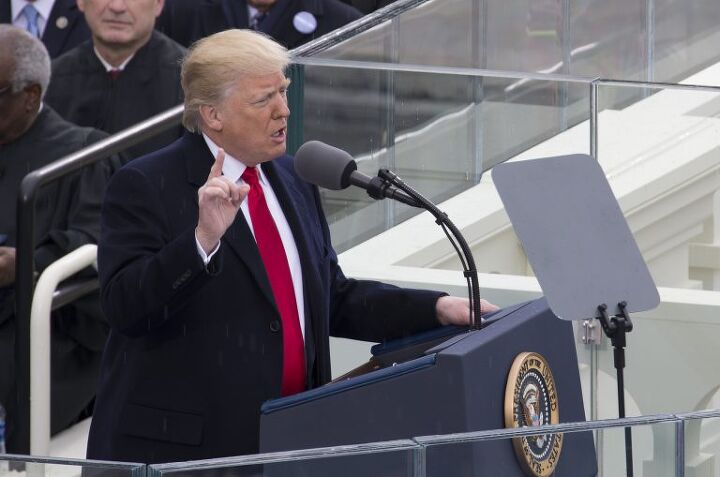













Recent Comments